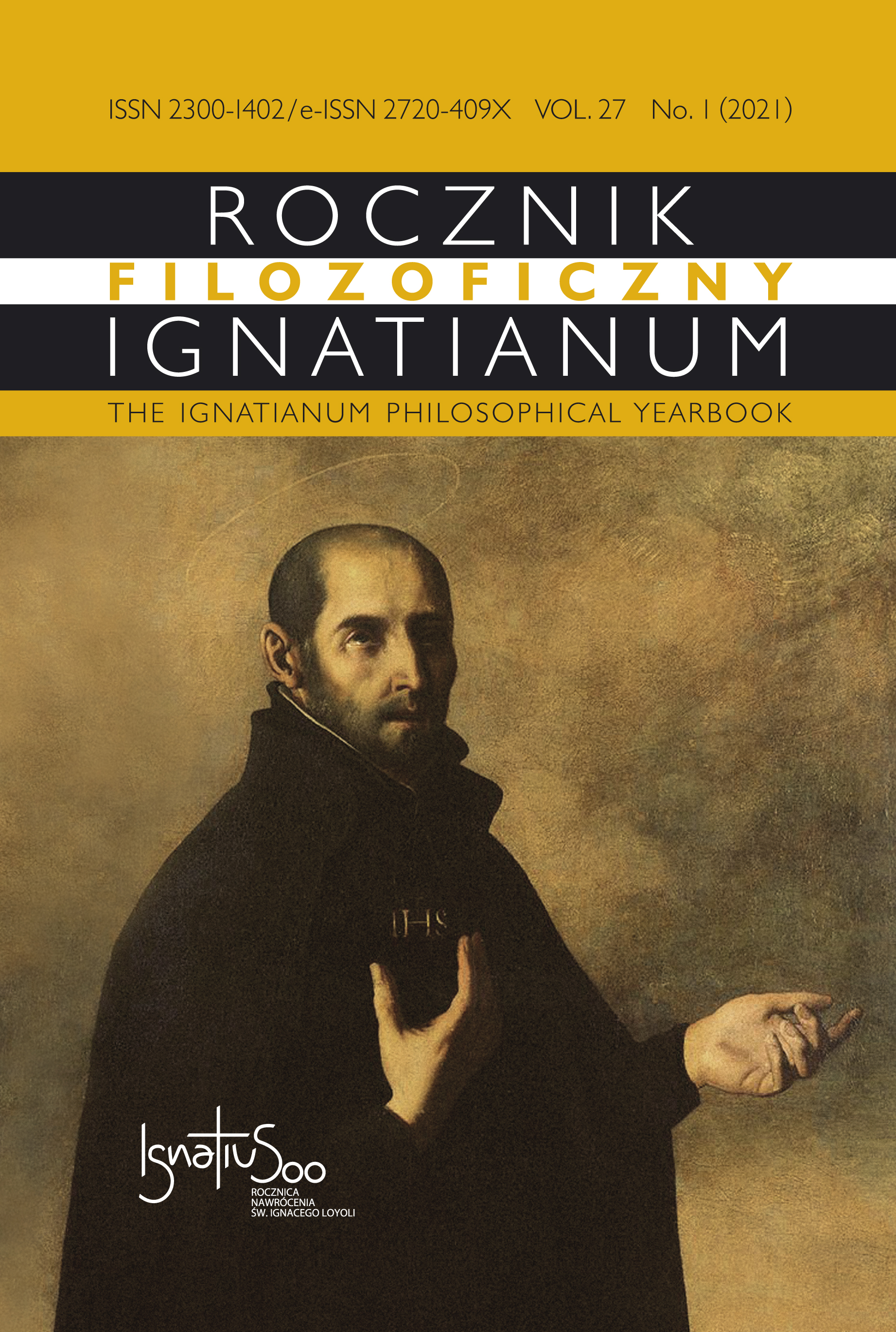Marcin Śmiglecki, S.J. (1563–1618) and His Logica
Copies of the Work in the Collections of Polish Libraries
Abstract
The purpose of the article is twofold. Firstly, it is to present M. Śmiglecki’s Logica, one of the most outstanding Polish works of the so-called “second scholasticism”, which is enjoying a great interest in Western Europe. Then, the circumstances of the book’s creation, related to the opinions of religious censorship in Rome are presented, as is its creator and the objectives that guided his work, which were fully accomplished. Secondly, the aim was to make a complete list of the Logica Martini Smiglecii copies held in Polish libraries, together with the fullest possible physical description and indication of their provenance.
This is why the research material was not limited to source content of the work itself and the archival documentation, but above all, copies of Logica, catalogs, and library inventories. Valuable clues and findings have also been provided by studies, in particular the work of Roman Darowski, S.J., and Franciszek Bargiel, S.J., titled Logica Marcina Śmigleckiego. Wprowadzenie, przegląd zagadnień, antologia tekstów (2016), on top of publications by Ludwik Nowak, Kazimierz Drzymała, as well as historical and historical-philosophical literature from the 19th and early 20th centuries.
The study method, apart from the analysis of sources and studies, was, naturally, the library query. The resources of digital libraries, taking of photographs or scans, which allowed for longer working times on the research material and considerable optical enlargement, were a considerable help.
It has been established that Polish libraries possess at least 3 out of 4 editions of Logica. There are many more complete or incomplete copies of the book than indicated in the Old Prints Central Catalog of the National Library and they are found in 22 institutions. As a result of provenance research, some of the work’s former owners have been identified, including important Jesuit colleges in Łomża and Kalisz.
Copyright (c) 2021 Jesuit University Ignatianum in Krakow

This work is licensed under a Creative Commons Attribution-NoDerivatives 4.0 International License.
The Yearbook only accepts materials for publication that are free of all conflicts of interest, and that in no way involve conflicts over authorship, copyright, etc. The Editors will take action against any cases of plagiarizing, ghostwriting1, guest/honorary authorship2, etc. Where co-authored work is concerned, the Author listed first is expected to take responsibility for the submission, and is required to make clear the contributions of all of the Co-Authors involved. In the event of the publication owing its existence to funding dedicated to this purpose, this fact should be made clear: e.g. in any note of thanks/acknowledgement, or in a footnote, etc. Explicit notification should be given of any form of reprinting, with the appropriate evidence of permission to publish being furnished as required. Any impropriety on the part of Authors/Reviewers risks exposing them to appropriate responses from the relevant institutions.
______
1 This term refers to instances of a person who has made an essential contribution being omitted from the list of authors, or from notes conveying gratitude and/or acknowledgement.
2 This occurs when a person who has made either an insignificant contribution or no contribution at all nevertheless appears on the list of authors.





